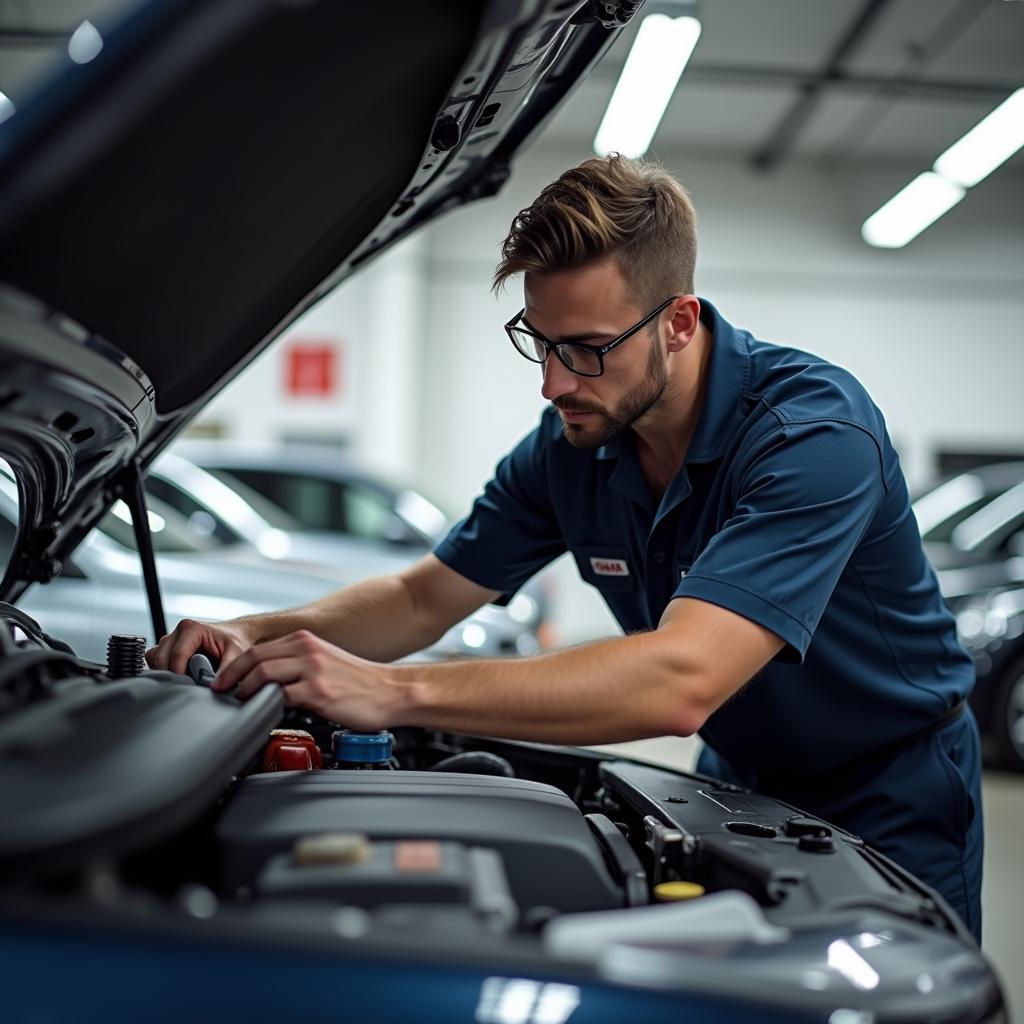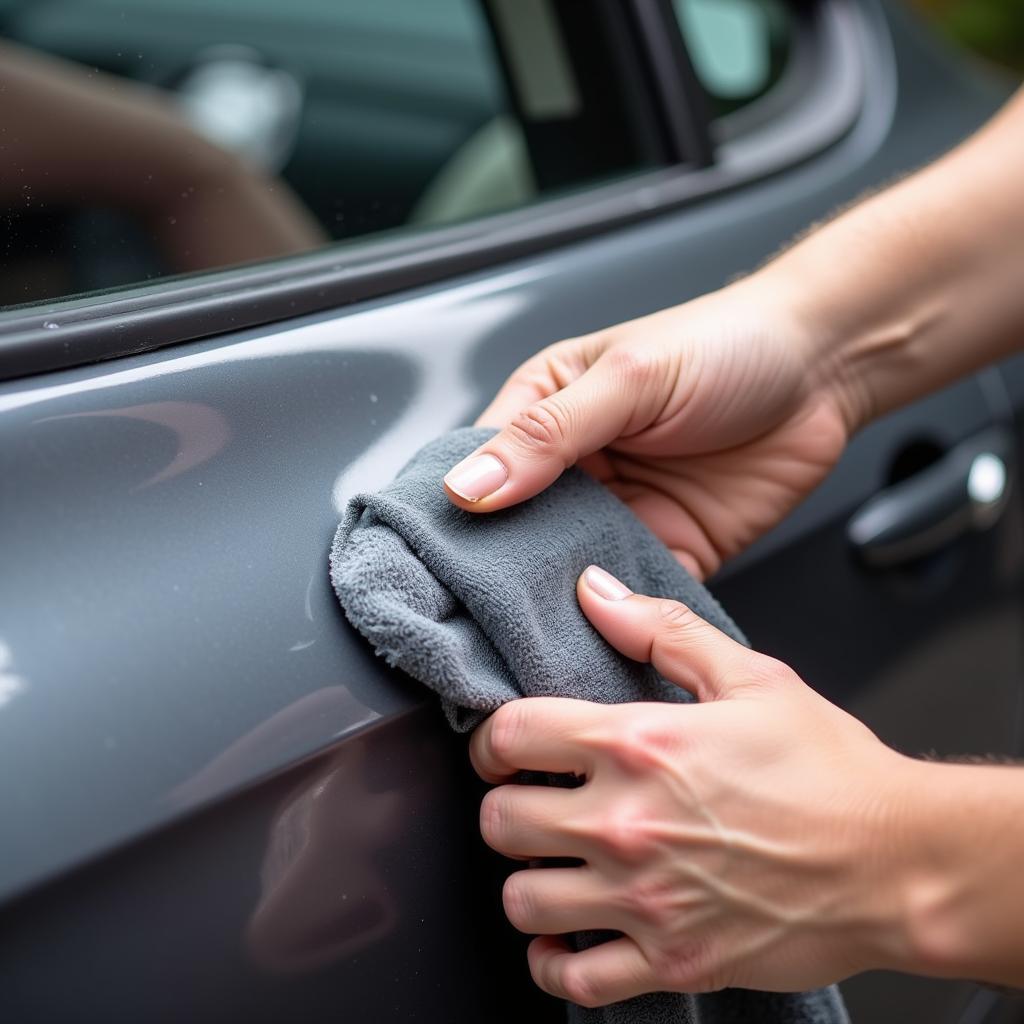Finding a good deal on a used car can be exciting, but it can also be stressful. You have to worry about finding a reliable car that won’t break down on you, and you have to be careful about not getting ripped off. One of the biggest challenges with buying a used car is figuring out if it has any serious problems that will make it a money pit.
But there are plenty of used cars that can be sold despite having some problems. These cars might have cosmetic issues, minor mechanical problems, or even a bad history, but they can still be good value for money if you know what to look for. This article will guide you through the process of identifying and evaluating these cars.
Identifying Potential Problems
Common Issues with Used Cars
- Engine Problems: The engine is the heart of the car, so problems in this area can be a major concern. Look out for signs of engine trouble, like smoke coming from the exhaust, strange noises, or a lack of power.
- Transmission Problems: The transmission is responsible for transferring power from the engine to the wheels. You can spot transmission issues by noticing rough shifting, slipping gears, or a grinding noise.
- Suspension Problems: The suspension keeps your car stable and comfortable. Look out for signs of suspension issues, such as bouncing, swaying, or uneven tire wear.
- Electrical Problems: Electrical issues can manifest in many ways, from malfunctioning lights to a dead battery. Be sure to check all lights, signals, and electrical components for functionality.
- Body Damage: Body damage can be cosmetic, but it can also indicate underlying structural issues. Check for dents, scratches, rust, and any signs of repairs that might not have been done properly.
Evaluating a Used Car with Problems
“You can always tell a good car from a bad car by the way it drives. If it feels like it’s going to fall apart, then it probably is.” – Michael Carter, Master Mechanic
Once you’ve identified a potential problem with a used car, it’s important to evaluate the severity of the issue.
- How serious is the problem? Is it a minor cosmetic issue or a major mechanical problem?
- How expensive is it to fix? Get quotes from reputable mechanics to understand the repair costs.
- How likely is the problem to get worse? Some problems are more likely to escalate over time.
Finding a Good Deal on a Used Car with Problems
Negotiating a Price
“The key to getting a good deal is understanding the car’s history and its current condition. If you know what you’re looking at, you can negotiate from a position of strength.” – Sarah Jackson, Automotive Journalist
Once you have a good understanding of the car’s problems and the cost of repairs, you can start negotiating a price. Use this information to bargain for a lower price, reflecting the car’s condition and the potential expenses.
Negotiating with the Seller
- Be polite and respectful. Even if you’re not happy with the car’s condition, be respectful of the seller and their time.
- Be honest and transparent. Be upfront about the problems you’ve identified and the repairs you might need to make.
- Be prepared to walk away. If you don’t feel comfortable with the price or the car’s condition, don’t be afraid to walk away and look for another option.
Don’t Be Afraid to Ask for Help
If you’re not sure how to identify or evaluate problems with a used car, don’t hesitate to get professional help. A qualified mechanic can inspect the car and give you an honest assessment of its condition.
 Used Car Inspection by a Professional Mechanic
Used Car Inspection by a Professional Mechanic
Conclusion
Buying a used car with problems can be a great way to save money, but it’s important to be aware of the risks. Take your time, do your research, and don’t be afraid to get professional help. With a little effort, you can find a great deal on a used car that will meet your needs and fit your budget.
If you have any questions about used cars or need assistance with buying or selling a car, please contact AutoTipPro at +1 (641) 206-8880. We can help you find the right car and navigate the process with confidence.
FAQ
1. What are some common problems with used cars?
Common problems with used cars include engine issues, transmission problems, suspension problems, electrical problems, and body damage.
2. What should I look for when evaluating a used car with problems?
When evaluating a used car with problems, consider the severity of the issue, the cost of repairs, and the likelihood of the problem getting worse.
3. How can I negotiate a good price on a used car with problems?
To negotiate a good price, be polite and respectful, be honest and transparent, and be prepared to walk away if you’re not comfortable with the price.
4. Should I always get a used car inspected by a mechanic?
It’s highly recommended to get a used car inspected by a mechanic, especially if you’re not familiar with cars. This can save you from costly repairs down the road.
5. Is it possible to find a good deal on a used car with problems?
Yes, it’s possible to find a good deal on a used car with problems, but it requires research, careful evaluation, and negotiation skills.





Leave a Reply